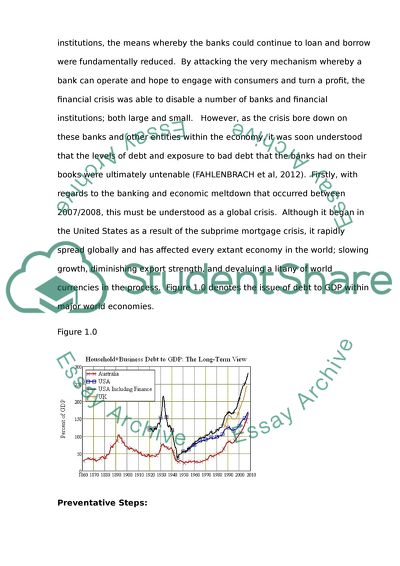Cite this document
(“The Causes of the Financial Crisis and the Overhauling of Regulatory Essay”, n.d.)
Retrieved from https://studentshare.org/macro-microeconomics/1472237-the-causes-of-the-financial-crisis-and-the-overhauling-of-regulatory-framework
Retrieved from https://studentshare.org/macro-microeconomics/1472237-the-causes-of-the-financial-crisis-and-the-overhauling-of-regulatory-framework
(The Causes of the Financial Crisis and the Overhauling of Regulatory Essay)
https://studentshare.org/macro-microeconomics/1472237-the-causes-of-the-financial-crisis-and-the-overhauling-of-regulatory-framework.
https://studentshare.org/macro-microeconomics/1472237-the-causes-of-the-financial-crisis-and-the-overhauling-of-regulatory-framework.
“The Causes of the Financial Crisis and the Overhauling of Regulatory Essay”, n.d. https://studentshare.org/macro-microeconomics/1472237-the-causes-of-the-financial-crisis-and-the-overhauling-of-regulatory-framework.


